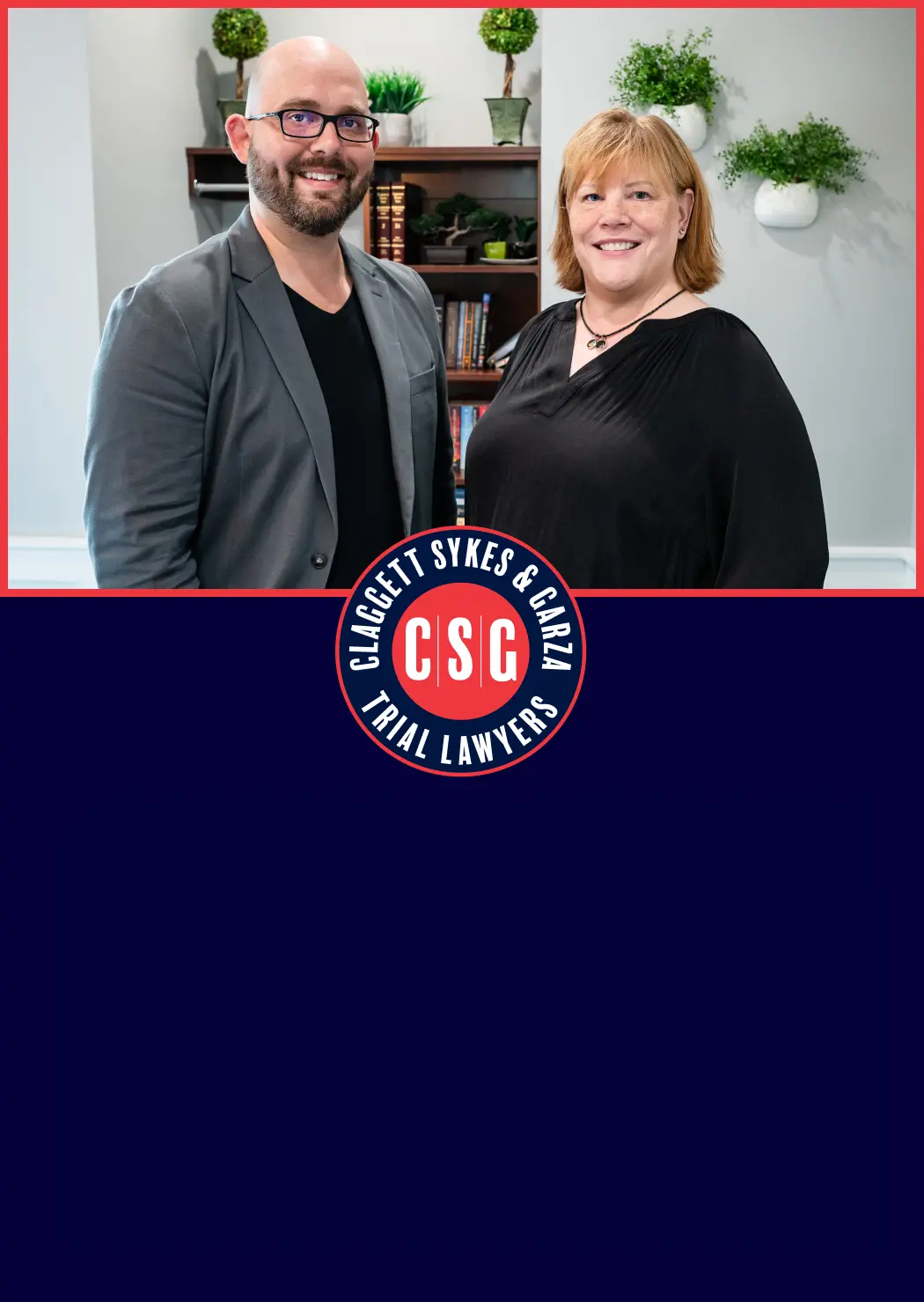Unfortunately, emotional and mental abuse occurs in nursing homes across the country. If a staff member or another resident of a nursing home commits emotional or mental abuse against a patient, they and the nursing home may be liable for damages.
A patient or their loved one can bring claims or actions against a nursing home by reporting them to the Department of Public Health, to the ombudsman under the bill of rights in Connecticut, to the nursing home, or to the police. If your loved one has been subjected to emotional and mental abuse, reach out to a dedicated nursing home abuse attorney. A compassionate Glastonbury nursing home emotional and mental abuse lawyer could help you recover damages.
Warning Signs of Emotional and Mental Abuse
Some warning signs of emotional or mental abuse are increased depression, anxiety, or being withdrawn. Common examples of emotional and mental abuse include insulting, berating, and belittling a patient in need of care. Abuse may involve mocking their condition or something they are embarrassed about, or it could be the withholding of food and medicine.
Any patient is vulnerable to mental and emotional abuse, but the most vulnerable are patients who may not speak up for themselves, patients who may have a hard time following directions because of their condition, and those suffering from Alzheimer’s and dementia. Individuals who suspect mental and emotional abuse should reach out to a seasoned lawyer in Glastonbury.

Get the Compensation You Deserve. Our Experienced Lawyers Can Help.
Duty of Care for Nursing Homes
A nursing home has a duty of reasonable care. What constitutes that duty of care depends on the circumstances. The facility must take reasonable measures to protect residents from each other, whether that involves moving them within its facility, erecting barriers, or removing a resident from the facility. It may also be as simple as stringently monitoring interactions among the residents.
If the abuse is coming from other residents, the question becomes whether the nursing home had notice of it, could it have done anything to stop it, and did it act reasonably under the circumstances to prevent harm or further abuse to the resident. A nursing home emotional and mental abuse lawyer in Glastonbury may be able to collect evidence to prove that a nursing home administration was aware of the abuse.
How a nursing home responds to abuse differs according to whether a staff member or a resident is responsible. If staff commits abuse, it could be a case of negligence in hiring, supervision, and training.
If management does not know about a situation, it cannot be expected to solve it. But, if the facility knows or should have known, it cannot turn a blind eye to problems in its facility, and it can be held civilly accountable for failing to prevent harm.
Call a Glastonbury Nursing Home Emotional or Mental Abuse Attorney
All sorts of actions can be taken if someone is being mentally or emotionally abused in a nursing home, beginning with reporting the abuse to state authorities and removing the staff members responsible. If mental and emotional abuse continues past a certain point, a civil action may be brought. If you or a loved one has experienced emotional or mental abuse in a Glastonbury assisted living facility, consider reaching out to a lawyer. A Glastonbury nursing home emotional and mental abuse lawyer could help you recover damages.

